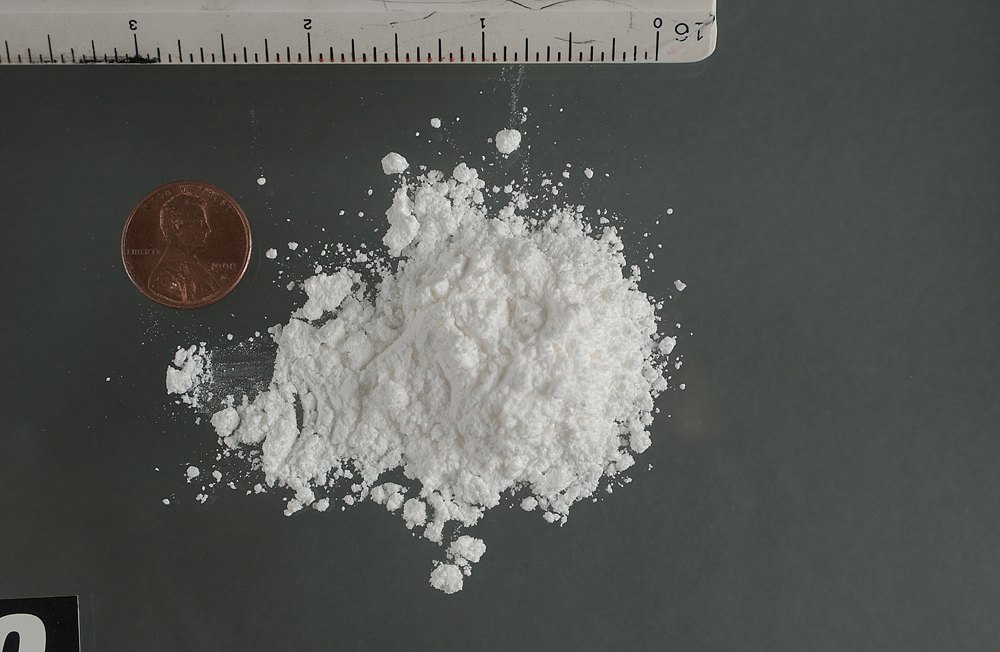| << Chapter < Page | Chapter >> Page > |

Symbolic interactionism is a theoretical approach that can be used to explain how societies and/or social groups come to view behaviors as deviant or conventional. Labeling theory, differential association, social disorganization theory, and control theory fall within the realm of symbolic interactionism.
Although all of us violate norms from time to time, few people would consider themselves deviant. Those who do, however, have often been labeled “deviant” by society and have gradually come to believe it themselves. Labeling theory examines the ascribing of a deviant behavior to another person by members of society. Thus, what is considered deviant is determined not so much by the behaviors themselves or the people who commit them, but by the reactions of others to these behaviors. As a result, what is considered deviant changes over time and can vary significantly across cultures.
Sociologist Edwin Lemert expanded on the concepts of labeling theory and identified two types of deviance that affect identity formation. Primary deviance is a violation of norms that does not result in any long-term effects on the individual’s self-image or interactions with others. Speeding is a deviant act, but receiving a speeding ticket generally does not make others view you as a bad person, nor does it alter your own self-concept. Individuals who engage in primary deviance still maintain a feeling of belonging in society and are likely to continue to conform to norms in the future.
Sometimes, in more extreme cases, primary deviance can morph into secondary deviance. Secondary deviance occurs when a person’s self-concept and behavior begin to change after his or her actions are labeled as deviant by members of society. The person may begin to take on and fulfill the role of a “deviant” as an act of rebellion against the society that has labeled that individual as such. For example, consider a high school student who often cuts class and gets into fights. The student is reprimanded frequently by teachers and school staff, and soon enough, he develops a reputation as a “troublemaker.” As a result, the student starts acting out even more and breaking more rules; he has adopted the “troublemaker” label and embraced this deviant identity. Secondary deviance can be so strong that it bestows a master status on an individual. A master status is a label that describes the chief characteristic of an individual. Some people see themselves primarily as doctors, artists, or grandfathers. Others see themselves as beggars, convicts, or addicts.
Before she lost her job as an administrative assistant, Leola Strickland postdated and mailed a handful of checks for amounts ranging from $90 to $500. By the time she was able to find a new job, the checks had bounced, and she was convicted of fraud under Mississippi law. Strickland pleaded guilty to a felony charge and repaid her debts; in return, she was spared from serving prison time.
Strickland appeared in court in 2001. More than ten years later, she is still feeling the sting of her sentencing. Why? Because Mississippi is one of twelve states in the United States that bans convicted felons from voting (ProCon 2011).
To Strickland, who said she had always voted, the news came as a great shock. She isn’t alone. Some 5.3 million people in the United States are currently barred from voting because of felony convictions (ProCon 2009). These individuals include inmates, parolees, probationers, and even people who have never been jailed, such as Leola Strickland.
Under the Fourteenth Amendment, states are allowed to deny voting privileges to individuals who have participated in “rebellion or other crime” (Krajick 2004). Although there are no federally mandated laws on the matter, most states practice at least one form of felony disenfranchisement . At present, it’s estimated that approximately 2.4 percent of the possible voting population is disfranchised, that is, lacking the right to vote (ProCon 2011).
Is it fair to prevent citizens from participating in such an important process? Proponents of disfranchisement laws argue that felons have a debt to pay to society. Being stripped of their right to vote is part of the punishment for criminal deeds. Such proponents point out that voting isn’t the only instance in which ex-felons are denied rights; state laws also ban released criminals from holding public office, obtaining professional licenses, and sometimes even inheriting property (Lott and Jones 2008).
Opponents of felony disfranchisement in the United States argue that voting is a basic human right and should be available to all citizens regardless of past deeds. Many point out that felony disfranchisement has its roots in the 1800s, when it was used primarily to block black citizens from voting. Even nowadays, these laws disproportionately target poor minority members, denying them a chance to participate in a system that, as a social conflict theorist would point out, is already constructed to their disadvantage (Holding 2006). Those who cite labeling theory worry that denying deviants the right to vote will only further encourage deviant behavior. If ex-criminals are disenfranchised from voting, are they being disenfranchised from society?

Notification Switch
Would you like to follow the 'Introduction to sociology 2e' conversation and receive update notifications?